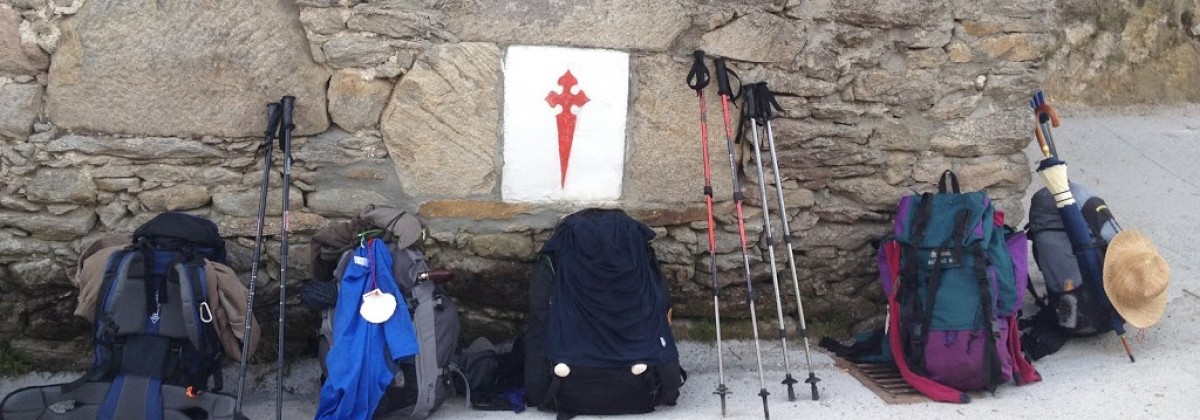as you might suspect, it comes as no surprise to me that tensions are rising between Venezuela and Colombia. of course, now that things have escalated, it also seems likely that peaceful reconciliation is in the cards now that egos have been stroked and posturing has been completed.
for all of Chavez’s incendiary rhetoric, dubious record-keeping, well-intentioned if poorly-managed social improvement policies, and ill-conceived international policy decisions, he has made noteworthy strides in equalizing gender relations. while the legacy of machismo undercuts Venezuelan culture as throughly as any other nation once colonized by Spain, the relative isolation of Venezuela during the colonial period means that the negative effects of machismo are mitigated. the governors of the Virreinato de la Nueva Granada were in Bogota, and the importance of the posting paled in comparison to that of Mexico or elsewhere in the empire. compounding the limited degree of institutional structure and cultural pressure, the perception of Venezuela as a backwater made it unattractive for potential colonial immigrants. why risk the voyage to the New World to struggle with conditions even worse that those left back in Spain? consequently, the sparse number of colonizers intermingled to a greater degree with local and black populations and social strata were not as strictly regimented as in Mexico, for example. moreover, the size of the population demanded greater contributions from all parties and, by extension, those contributions were weighted more evenly.
which is all a long way round to saying that struggles for gender equality in Venezuela in the twentieth century weren’t as acrimonious as elsewhere in Latin America. that said, Chavez has also made an effort in the Revolucion Bolivariana to acknowledge and promote traditional roles filled by women as well as encouraging them to break out of those roles.
two weeks before calling for the exhumation of Bolivar, Chavez honored Manuela Saenz, the woman who became Bolivar’s mistress and aided him as he sought to liberate what is now Venezuela and its neighbors. Manuela was the first woman to receive the Caballeresa del Sol, bestowed for her commitment to the ideals of revolution through campaigning, protesting, leafleting, gathering information, and eventually raising to the rank of general in Bolivar’s army (seen here). she helped Bolivar thwart an assassination attempt in 1828, for which he bestowed her the title la libertadora del libertador.
despite her importance in his life, however, Bolivar left no provisions for her when he died two years later (and the murder of her much-older, English-merchant husband in 1847 did nothing to help her, either). her activities understandably riled political figures throughout the region and, upon Bolivar’s death, Saenz found herself unwelcome, retiring instead to Jamaica for a time. her attempt to return to her home country of Ecuador was blocked outright, when her passport was revoked, and she was forced to take refuge in northern Peru where she ultimately died (during a diphtheria epidemic). because no one recognized or acknowledged her contributions to the Bolivarian movement, her remains were buried in a communal plot with other victims of the epidemic.
the remains taken from Peru are symbolic (in many ways, not least because they’ve been taken from a communal grave) and with much pomp and pageantry were placed beside those of Bolivar in the Panteon Nacional. as I said, whatever the shortcomings of Chavez and his efforts to concoct and institutionalize a twenty-first century Revolucion Bolivariana, this act certainly has brought to light an important historical figure who for over a century had been brushed off or ignored by historical accounts of the nation’s most important figure.
the BBC news article of the event, a BBC news clip of the same event, and wikipedia‘s limited page on Manuela Saenz (though I am going to go look for that biography, For Glory and Bolivar, tomorrow at the UW library).


